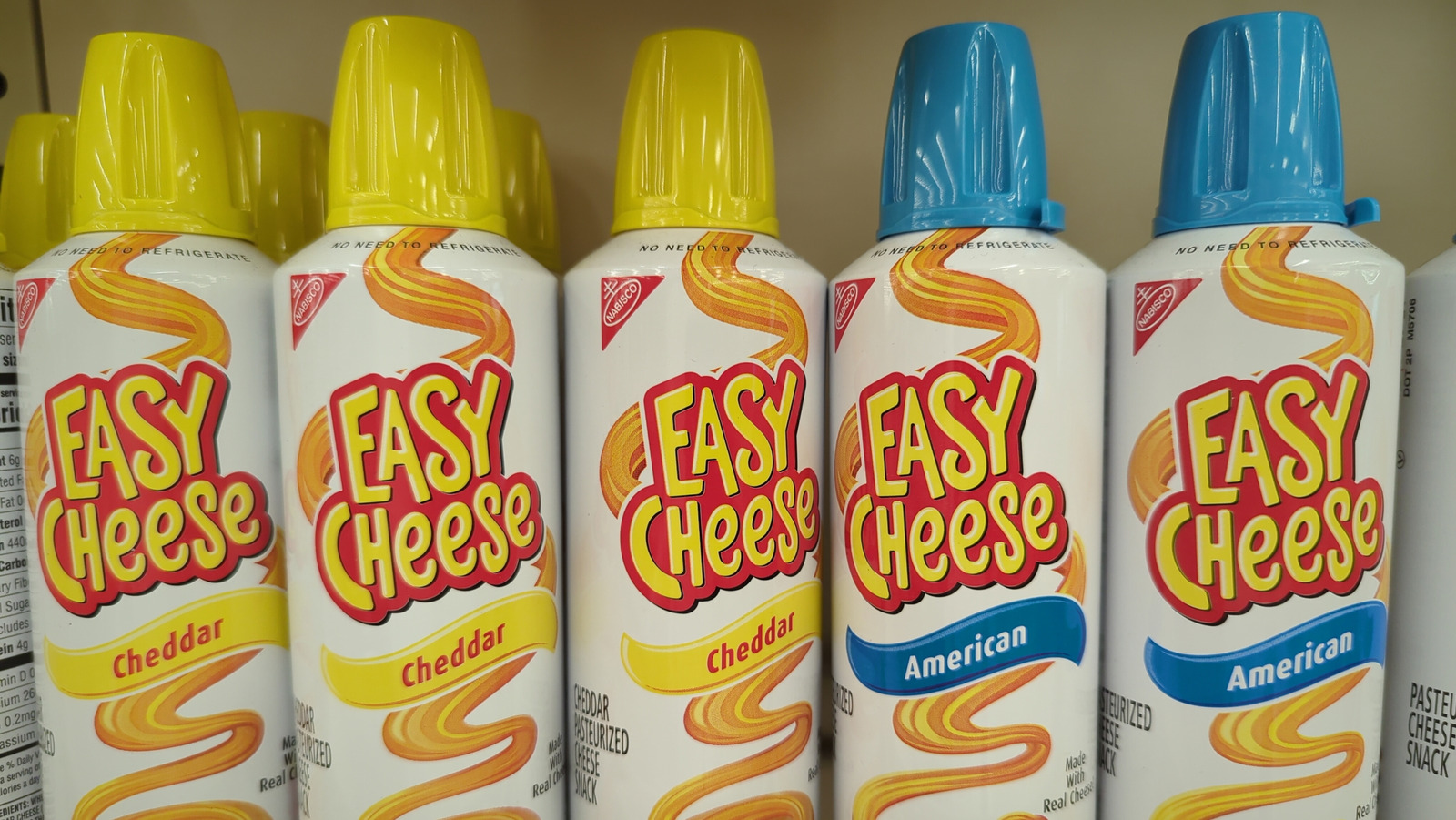
"Soldiers in the late 18th and early 19th centuries were accustomed to eating meals twice a day, primarily comprising salted pork, boiled beef, and alcoholic beverages."
"With the opening of the first canning factory in 1811, the possibilities for food preservation expanded, enhancing soldiers' morale and energy on the battlefield."
"Kraft Foods pioneered the packaging of processed cheese for World War I soldiers, laying the groundwork for future products like Velveeta and Cheez Whiz."
"The research funded by the U.S. government led to the creation of Cougar Gold cheese, which remains popular for its unique storage and flavor profile."
The article discusses the evolution of military food supply from the late 18th century when soldiers primarily dined on salted pork and boiled beef to the introduction of canning technology in 1811. This innovation expanded food preservation options, contributing to soldiers' morale. Kraft Foods' initiative to package processed cheese for WWI troops led to subsequent innovations like Velveeta. Research in WWII, funded by the U.S. government, resulted in Cougar Gold cheese, notable for its long shelf-life and flavor enhancement, highlighting the impact of necessity on culinary advancements.
Read at Tasting Table
Unable to calculate read time
Collection
[
|
...
]